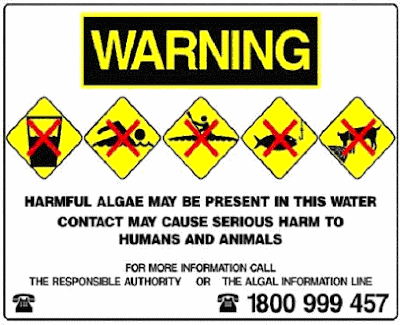Analytical exposition is a type of
text that belongs to the type of argumentation. Text where text contains
detailed author’s thinking about a phenomenon that is around. The social
function of the analytical exposition text is to convince the reader that te
topic is presented is an important topic for discussion or attention by way of
arguments or the opinions that support the idea or topic.
GENERIC STRUCTURE
Position : Introduces topic and
indicates writer’s position.
Preview : Outlines the main arguments
to be presented.
- Thesis
In section thesis, the author
introduces the topic or main idea that will be discussed. Thesis always be
first paragraph in the text analytical exposition.
- · Arguments
Point : Restates main arguments outlines in Preview.
Elaboration : Develops and supports each point/argument.
The topic discussed by the author is a
very important topic of need attention in this section the author presents the
arguments or the opinions that support the ideas of the author, usually in the
text.
- · Reiteration
Restates writer’s position. This
section cover analytical exposition of text is always located at the end of the
paragraph. Reiteration is also commonly called the conclusion.
ANALYTICAL EXPOSITION TEXT







